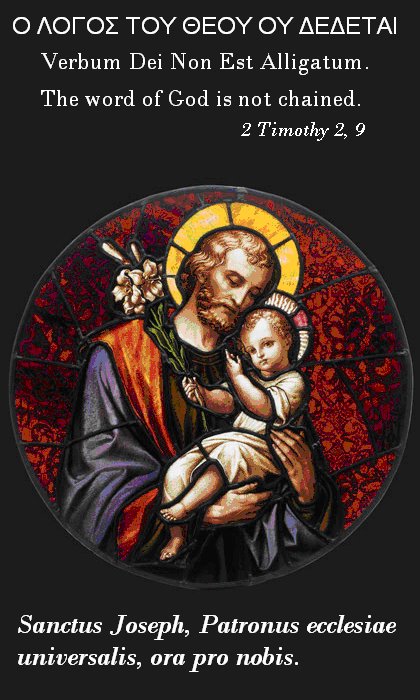I came upon the book Beginning to Pray during my brief stay with the Trappists in Oregon. It was written by a Russian Orthodox archbishop, Anthony Bloom, and has become something of a modern day spritual classic among Christians of all denominations. I thought I'd lost it, but pouring over my shelves last night at 3 a.m. (couldn't sleep!) there it was. It's a very slender volume, so easily overlooked. The introduction is an interview with the archbishop, who was a medical doctor before he became a priest: a very interesting guy! At the conclusion of the interview, he tells the following true story:
In the early days of the Russian Revolution, a small village that had been held by the Tsar's forces was captured by the Communists. A young woman, in her early twenties, knew that if she was captured she would be executed, since her husband was a man of some importance on the opposing side. So she took her two small children, four and five years of age, to an abandoned house, hoping to escape notice until she had a chance to make her escape. But there came a knock on the door, and here was a young woman, about the same age, whom she had never laid eyes on before, a neighbor. This woman's name was Natalie. Natalie asked the young mother if she was the woman the Communists were looking for. When she admitted that she was, Natalie told her, "You must flee, for they know that you're here, and they'll be along in a matter of hours to arrest you; you are to be shot." The woman looked down in despair at her two small children and said "How can I flee?" The other replied, "You can, because I will stay here in your place, and when they come for you, I will call myself by your name." "But you will be killed," said the mother. "Yes, but I have no children." Archbishop Bloom concludes the story thus:
"We can imagine what happened then. We can see the night coming, wrapping in darkness, in gloom, in cold and damp, this cottage. We can see there a woman who was waiting for her death to come and we can remember the Garden of Gethsemane. We can imagine Natalie asking that this cup should pass her by and being met like Christ by divine silence. We can imagine her turning in intention towards those who might have supported her, but who were out of reach. The disciples of Christ slept; and she could turn to no one without betraying. We can imagine that more than once she prayed that at least her sacrifice should not be in vain.
"Natalie probably asked herself more than once what would happen to the mother and the children when she was dead, and there was no reply except the word of Christ, 'No one has greater love than he who lays down his life for his friend.' Probably she thought more than once that in one minute she could be secure! It was enough to open the door and the moment she was in the street she no longer was that woman, she became herself again. It was enough to deny her false, her shared identity. But she died, shot. The mother and the children escaped."
A powerful story! It puts me in mind of Maximilian Kolbe.
Friday, April 17, 2009
Subscribe to:
Post Comments (Atom)

No comments:
Post a Comment